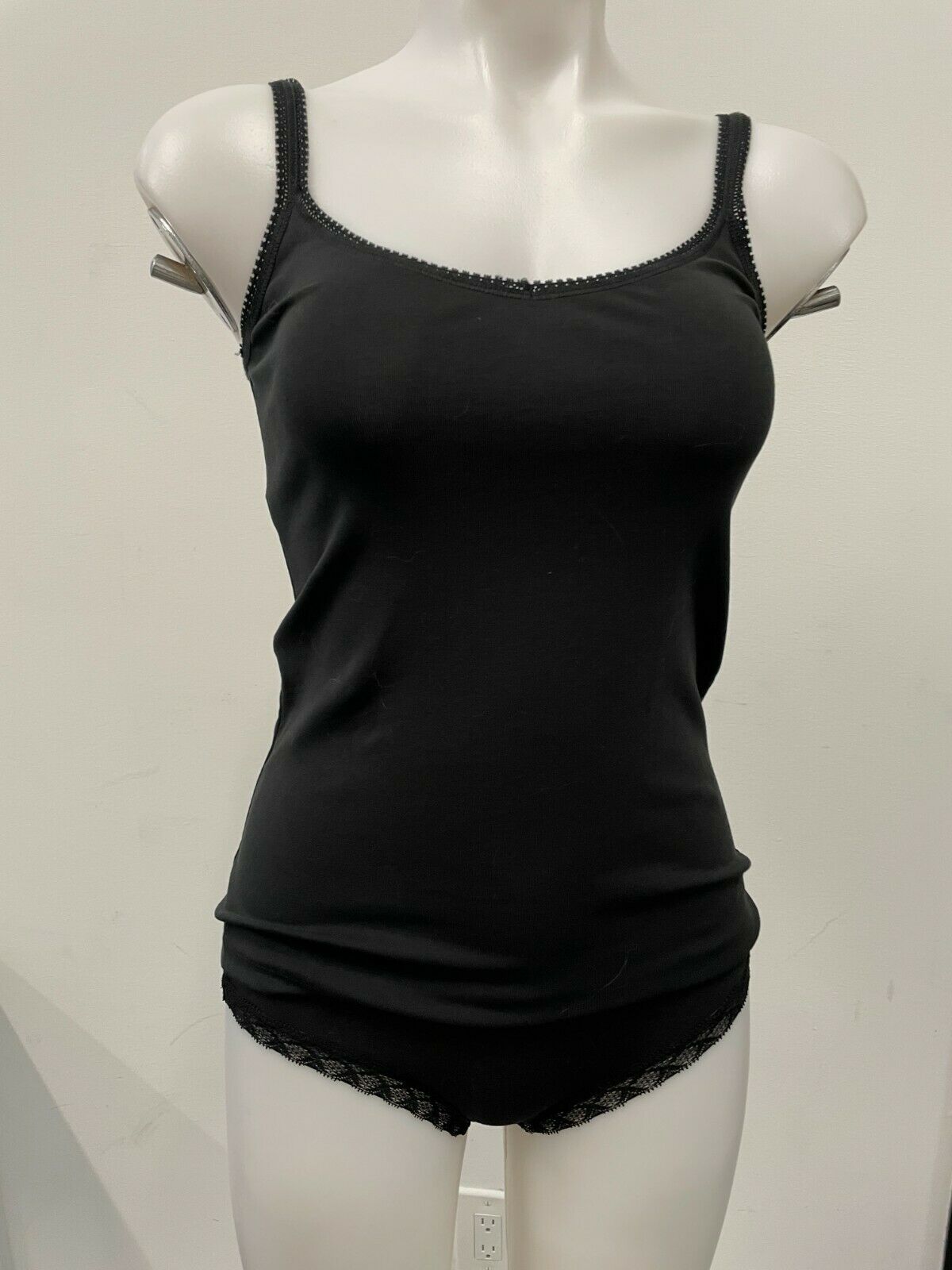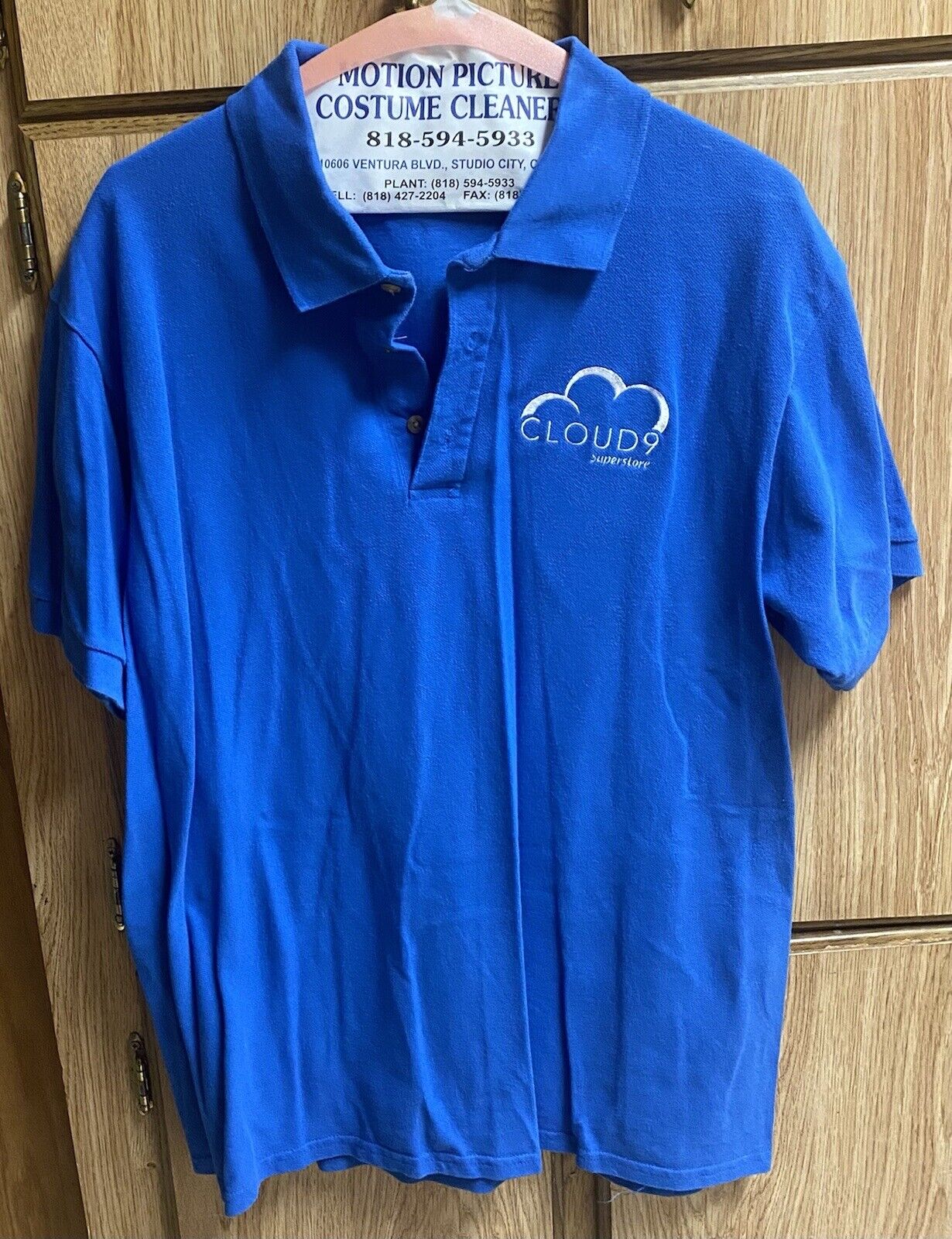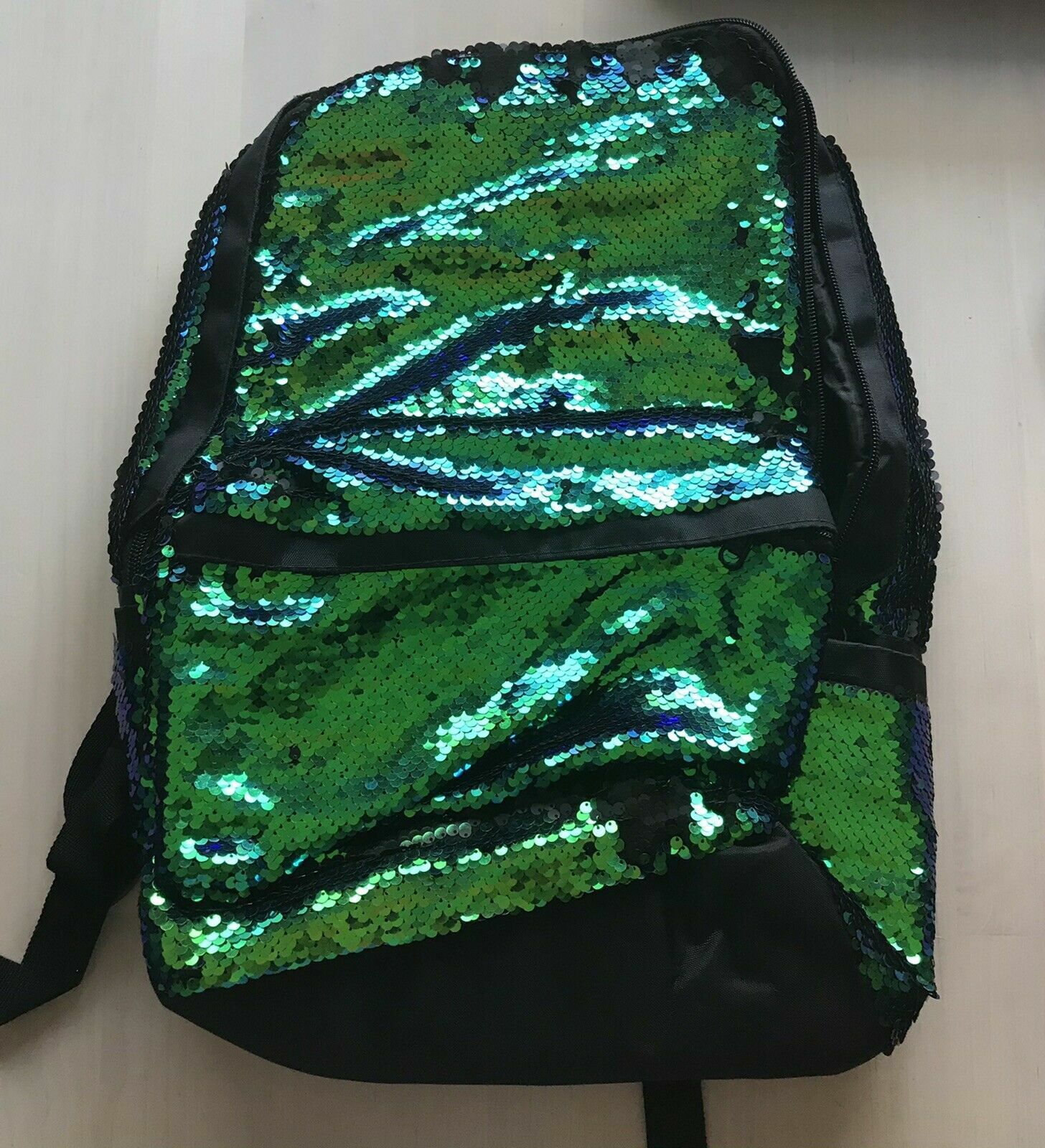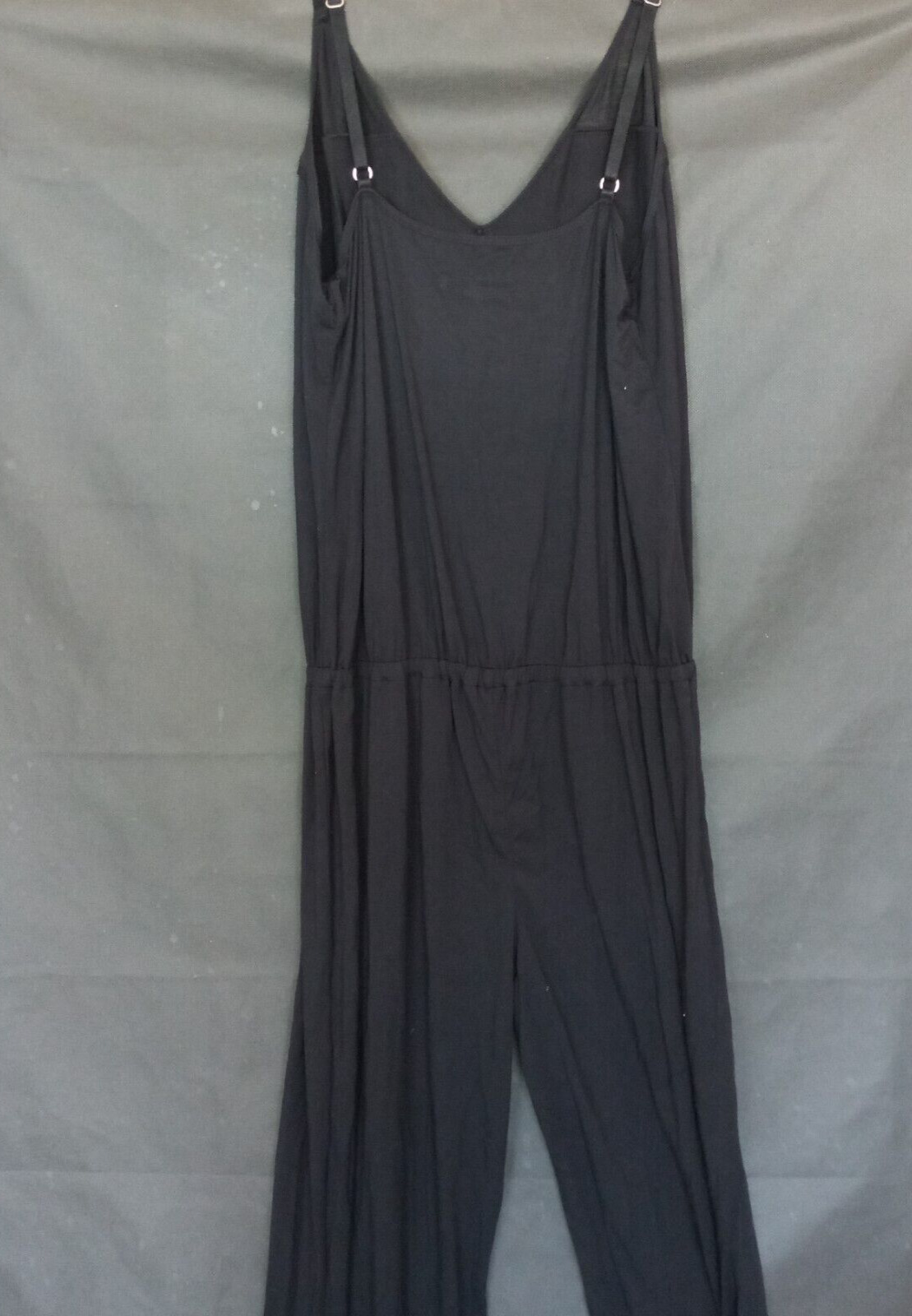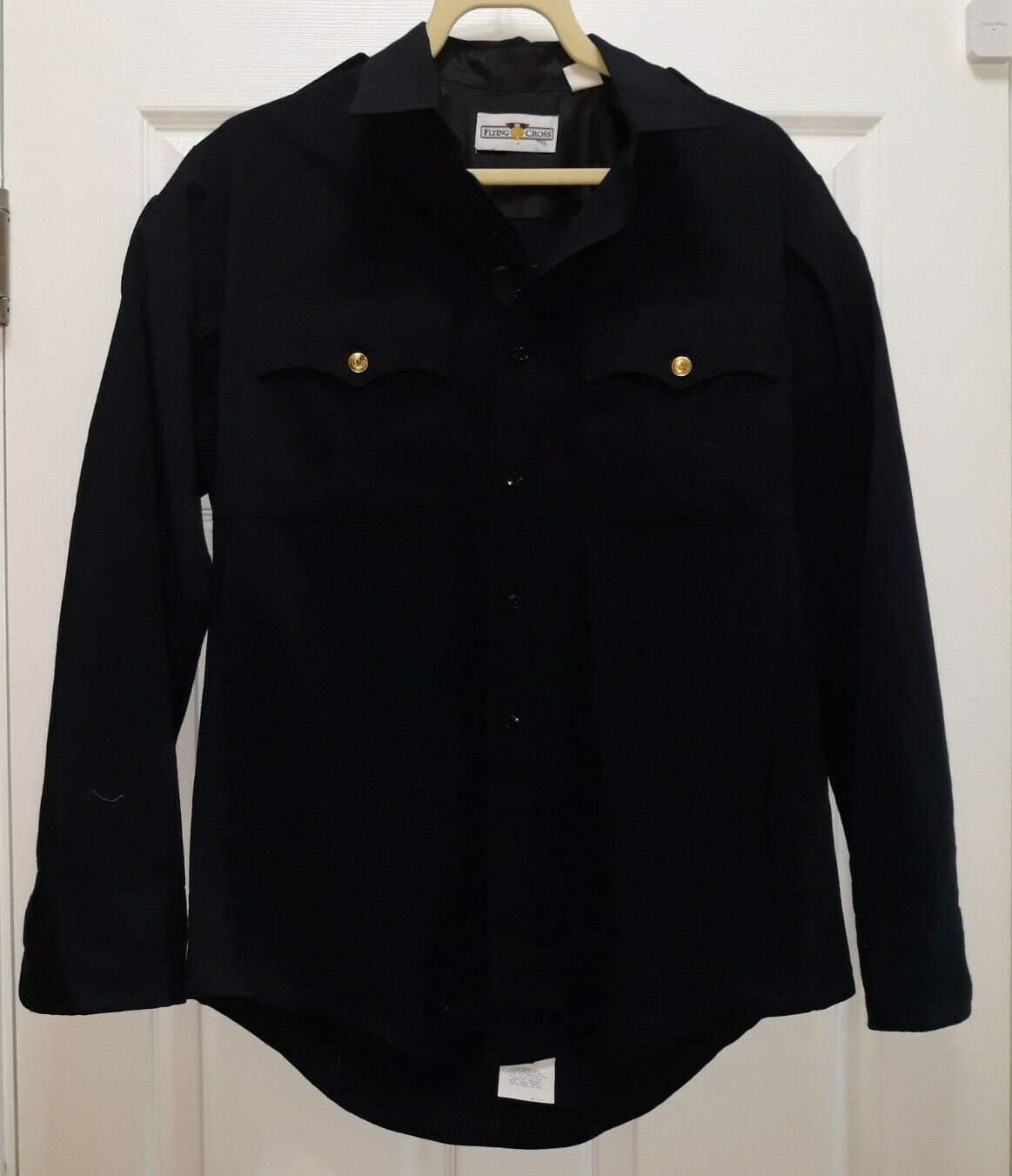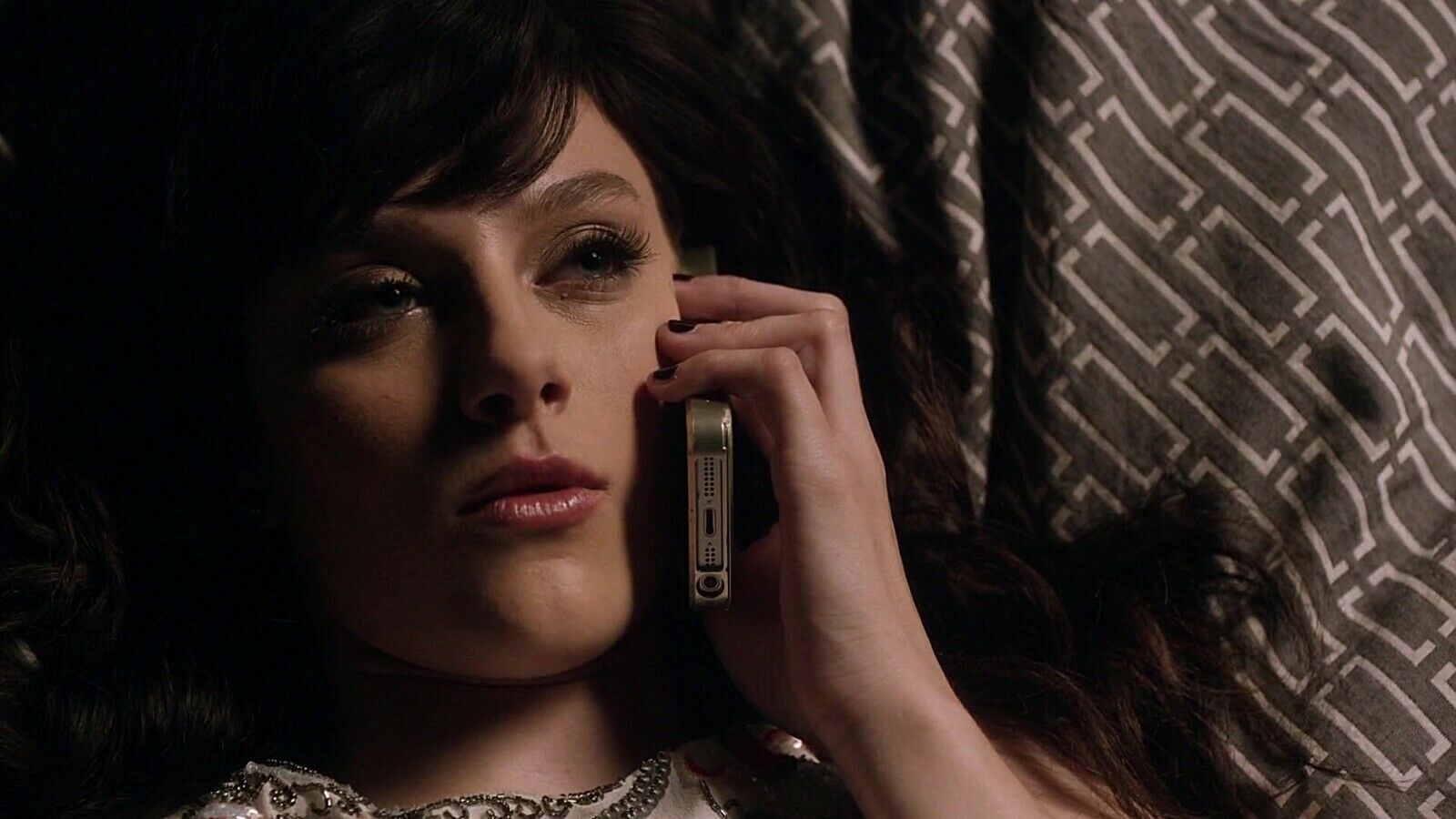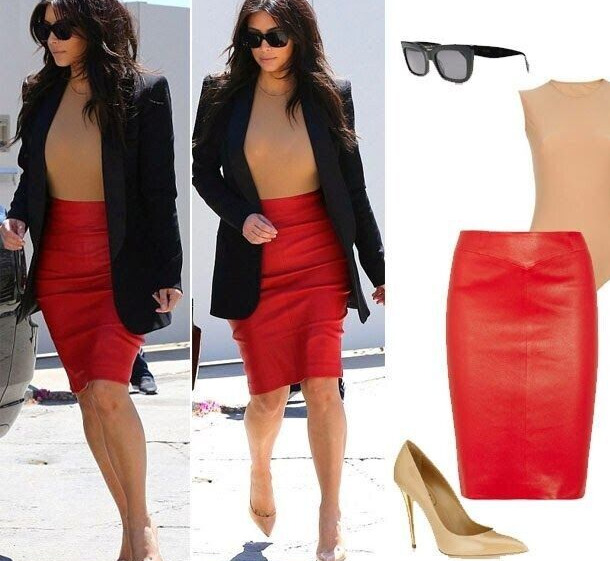-40%
Lucille Ball Owned & Worn 50's I LOVE LUCY ERA Hair Accent from Costumer Warner
$ 253.12
- Description
- Size Guide
Description
This is a beautiful white flower accented hair barrette with netting that was owned and worn by Actress Lucille Ball. It looks to be from the 1950's I LOVE Lucy Era. It is a personal item from Lucille's wardrobe.This Hat in good condition. It is from famed Hollywood Costumer Kent Warner, who was best known for his involvement with the Ruby Slippers. Kent was very good friends with Many celebrities and was known by everyone in Hollywood during his short life span. Winner will receive the item plus an original typed and signed letter with a short explanation how he came to obtain this item directly from Lucy herself. The letter has been notarized.
Kent Warner was part of a crowd that idolized Judy Garland. In the years following her death, anything as
anything associated with her name, especially her film wardrobe, became gold in West Hollywood's chic boutiques. A thriving black market developed, with emotional people paying wild sums for pieces of star clothing Warner funneled from the studios to the back rooms and boudoirs of various private collectors.
Warner, a nostalgia buff--he was once written up in TV Guide for his collection of vintage TV sets--became a modern day prince in a Machiavellian wardrobe world. Almost by himself, he created a booming underground market by selling movie star clothes that he found during his forays in studio wardrobe departments. According to friends, he called himself "Lana Lift," but many regard his as more of a Robin Hood.
The new generation of studio bosses didn't see any special profit potential in their vintage possessions. Sound stages filled with props, sets and costumes were nothing more than huge garages full of junk. Between 1966 and 1980, what they couldn't sell, they tossed out.
Warner, related friends who knew him well, rummaged through dumpsters at Paramount, MGM, 20th Century Fox, Universal and the Burbank Studios, along with wardrobe storage facilities located outside studio walls. According to one friend, Warner found the trench coat that Humphrey Bogart wore in "Casablanca" at Warner Bros.--in a bin waiting to be burned.
Although Warner routinely checked studio garbage heaps, he didn't always have to. He was a card-carrying member of Costumer's Union Local 705, with easy access to literally every studio wardrobe department. During his 18-year career, Warner worked at 10 major TV and movie studios in town. A good costumer, he knew where to find any garment, for any need, in any scene. When Warner rummaged for clothing as part of his job--unsupervised and monitored--he kept his eyes open for valuable star clothing of the past.
Bill Howard, business affairs officer for Costumer's Local 705 and a 25-year member, said he "doesn't know of a costumer who didn't take something."
Warner took plenty. And why not? It was all being thrown away. With a vast love and knowledge of movies and wardrobe, Warner easily identified Marilyn Monroe's dresses, Humphrey Bogart's coats, Fred Astaire's shoes, slippers and ties, Elizabeth Taylor's peach-colored silk quilt from "Raintree County," Clark Gable's clothes from "Gone With the Wind" and countless other garments worn by Bette Davis, Greta Garbo and other Hollywood legends. But the prized pieces in his collection were worn by Ginger Rogers and Judy Garland, his personal favorites.
Many Hollywood insiders think Kent Warner saved a valuable part of Hollywood's history from destruction, in addition to the ruby slippers. But there's some doubt that the slippers were destined for the trash bin. Warner told at least three friends that auctioneer Weisz knew about the other pairs of the red slippers and ordered them destroyed. But they also think that Warner may have tricked Weisz, feeling justified in keeping the extra shoes for himself.
Warner knew the studios kept no inventories of props and clothes that they stored and trashed. And he was aware that doubles and triples existed on every movie set for every important piece of star wardrobe. How easy, he may have thought, to save one piece for history--and consign the others to antique clothing boutiques and auction houses.
He had a list of regular buyers who were fans of particular stars. It was common for Warner to call a specific collector who liked Marilyn Monroe or Clark Gable and quietly offer a certain piece. Sources claim that he sometimes exploited the ignorance of people eager to pay heady prices for vintage star clothing that was presumably unique.
Some recent examples of market value: A blouse worn by Marilyn Monroe in "Bus Stop" was recently auctioned for ,500. Judy Garland's red-velvet dress from "Meet Me in St. Louis" was offered for "several thousand dollars," according to a Garland collector. And unbelievably, someone paid 0,000 for Charlie Chaplin's bowler hat, shoes and cane, auctioned last fall by Sotheby's of London.
But back in 1970, nobody expected the ruby slippers to sell for ,000 at the MGM auction, not even Kent Warner. During the next decade of his life, with a high value publicly established, Warner dealt ruby slippers to collectors with care and cunning, as friends told it.
Only AIDS was able to finally silence his enthusiasm. When he died on April 25, 1984, at 41, his role in the ruby slipper story remained clouded by questions.




